WASHINGTON, D.C. — Hundreds of vulnerable D.C. residents may soon lose their housing assistance as funding for a key federal program — the Emergency Housing Voucher (EHV) program — begins to run dry. Issued during the COVID-19 pandemic to support those most at risk of homelessness, the program is set to expire earlier than expected, putting pressure on tenants, housing agencies, and local governments.
The D.C. Housing Authority (DCHA) received notification from the U.S. Department of Housing and Urban Development (HUD) in March that federal funding for the EHV program — originally part of the 2021 American Rescue Plan — will be depleted by 2026. With no additional funds in sight, the agency stopped issuing new vouchers on April 9, per HUD’s directive.
Now, the fate of current voucher recipients depends on how long existing funds will last.
What’s at Stake?
According to the Center on Budget and Policy Priorities, 588 D.C. households received EHV support. If all were to lose that aid, homelessness in the District could spike by 13%.
“This is tragic,” said Kim Johnson, policy manager at the National Low Income Housing Coalition. “These vouchers were created specifically for people at immediate risk of homelessness. If they lose this assistance, many won’t have a plan B — they’ll be thrust back into housing instability or worse.”
EHV recipients were selected for their extreme vulnerability, including those fleeing domestic violence or human trafficking, or those exiting homelessness. The program offered them hope — and housing — in a moment of national crisis.
Why the Funds Are Running Out
Launched as a $5 billion initiative under the Biden administration, the EHV program was originally expected to last through the decade. However, HUD cited historic rent increases as a key factor draining the funds faster than anticipated.
In D.C., rent increased by 12% from 2023 to 2024 — the steepest rise among major U.S. cities during that time.
Another factor, according to Steve Berg, chief policy officer at the National Alliance to End Homelessness, is that many housing authorities issued more vouchers than HUD expected — sometimes short-term ones — under the assumption that Congress would replenish funding. That didn’t happen.
“The bigger issue is just that more vouchers were issued than Congress had budgeted for,” said Berg. “Now states and cities are left to figure out what happens next — but many of them are facing their own funding crises.”
A Perfect Storm of Cuts
The loss of EHV support comes as D.C. slashes other housing and social safety net programs:
-
The Rapid Rehousing Program has stopped accepting new applicants for the fiscal year.
-
The Emergency Rental Assistance Program (ERAP) has faced rollbacks.
-
Mayor Muriel Bowser’s FY 2026 budget proposes $3.3 million in cuts to the Permanent Supportive Housing (PSH) program.
-
Proposed changes to Medicaid could render over 25,000 residents ineligible based on income thresholds.
“This is all happening at the same time,” said Johnson. “Families are being asked to do more with less — to pay rent, afford food, and manage health care without the safety nets that used to be there.”
Councilmember At-Large Robert White, chair of the Committee on Housing, released a report suggesting revisions to some of the mayor’s budget cuts. However, his recommendations did not include any new funding for local voucher programs like PSH.
Federal Uncertainty: Trump’s Proposed Cuts
At the federal level, the situation is even more precarious. Former President Donald Trump’s proposed FY 2026 budget includes a 45% cut to HUD funding, slashing $26.2 billion from rental assistance programs. The proposal would effectively end Section 8, the long-standing Housing Choice Voucher program that inspired EHV, and redirect those funds to states to build their own rental assistance systems.
Advocates fear this shift would leave low-income renters at the mercy of state budgets, many of which — like D.C.’s — are already strained.
“Even if Congress doesn’t extend the EHV program, they could fund other housing initiatives,” said Johnson. “But right now, there’s very little appetite in Washington for continued federal investment in housing.”
Community Impact
The looming expiration of the EHV program is not just a housing issue — it threatens to destabilize families across the District. Many recipients are elderly, disabled, or caring for children. Without rental assistance, they may have to choose between paying rent, buying food, or affording critical medications.
Johnson added that cuts to Temporary Assistance for Needy Families (TANF) and Medicaid will only make things worse. “We’re layering crises on top of crises.”
In response to the impending Medicaid cuts, Councilmember Christina Henderson, chair of the Committee on Health, has proposed creating a local program to cover residents who will lose federal support. Still, advocates warn it may not be enough.
A Call to Action
Advocates are urging local and federal lawmakers to step up before vulnerable families fall through the cracks. Even if Congress doesn’t extend the EHV program, they argue that new investments in housing and emergency support are urgently needed.
“There’s still time to act,” said Johnson. “But if we wait too long, the damage will already be done.”
With no new EHV vouchers, cuts to other safety nets, and rising living costs, D.C. faces a growing humanitarian challenge — one that will test the city’s ability to protect its most at-risk residents in the years to come.

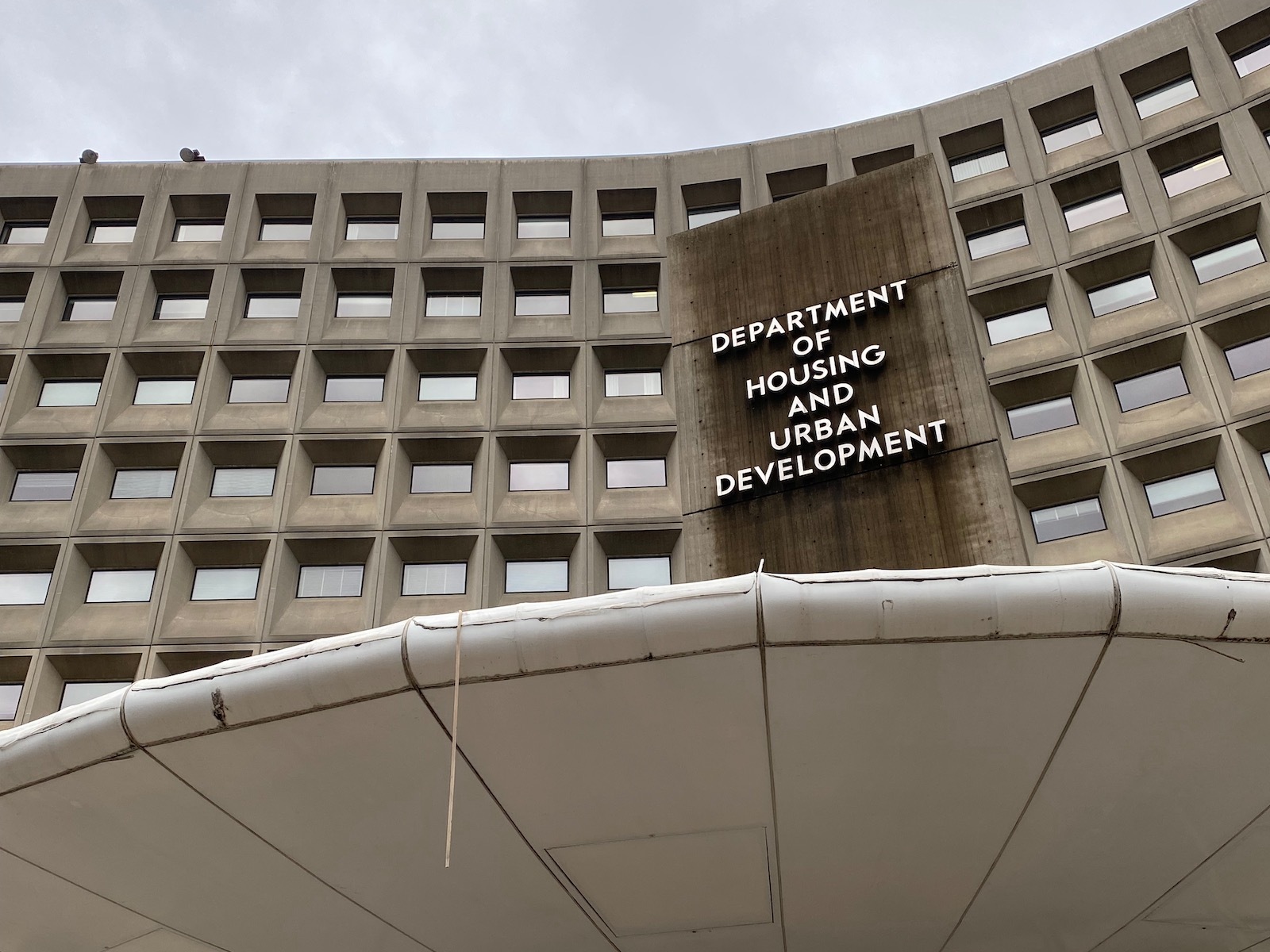


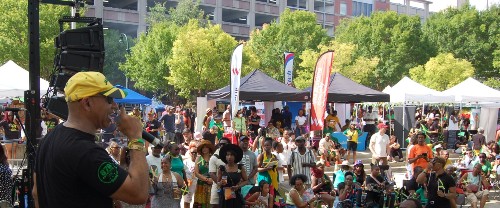
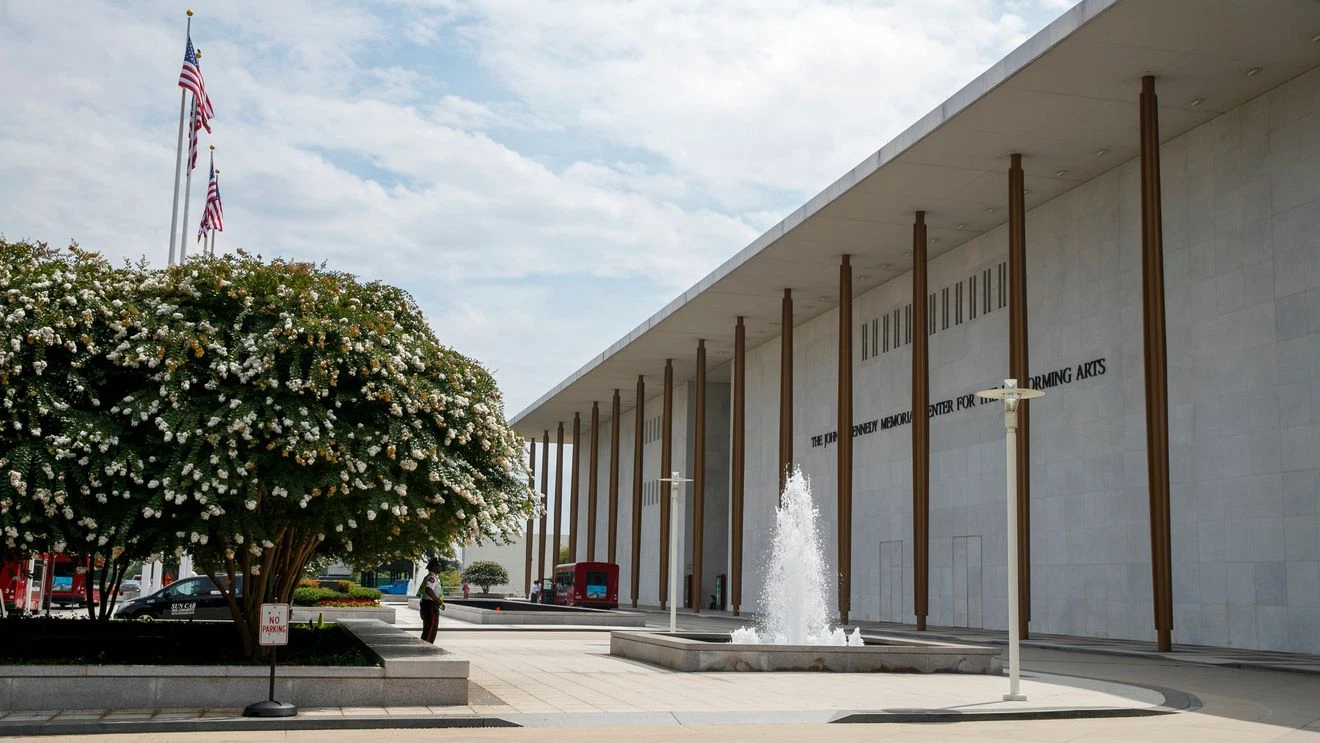
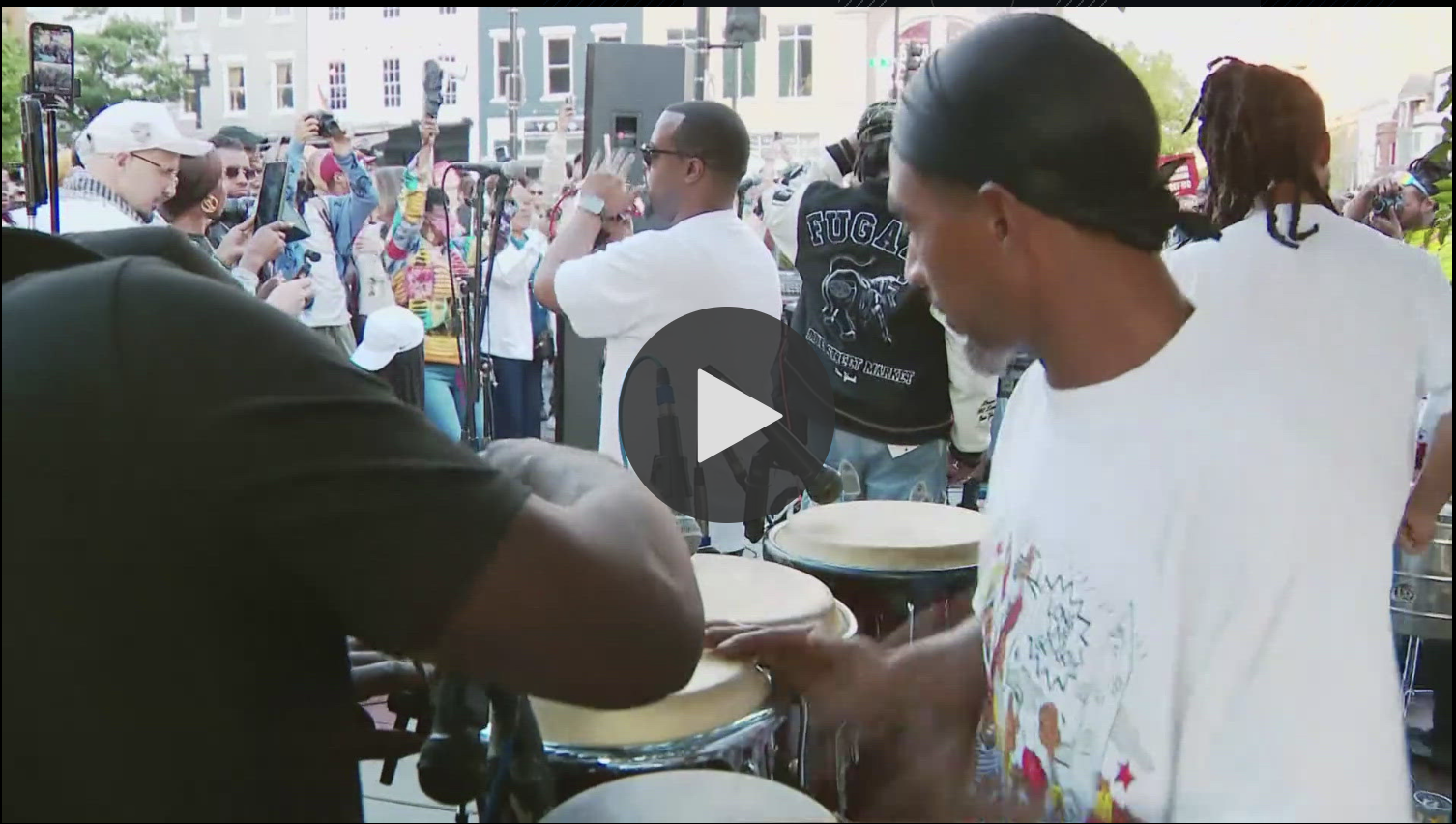
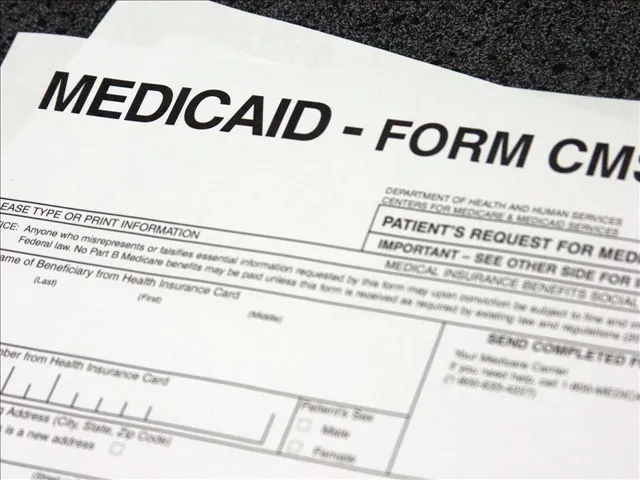
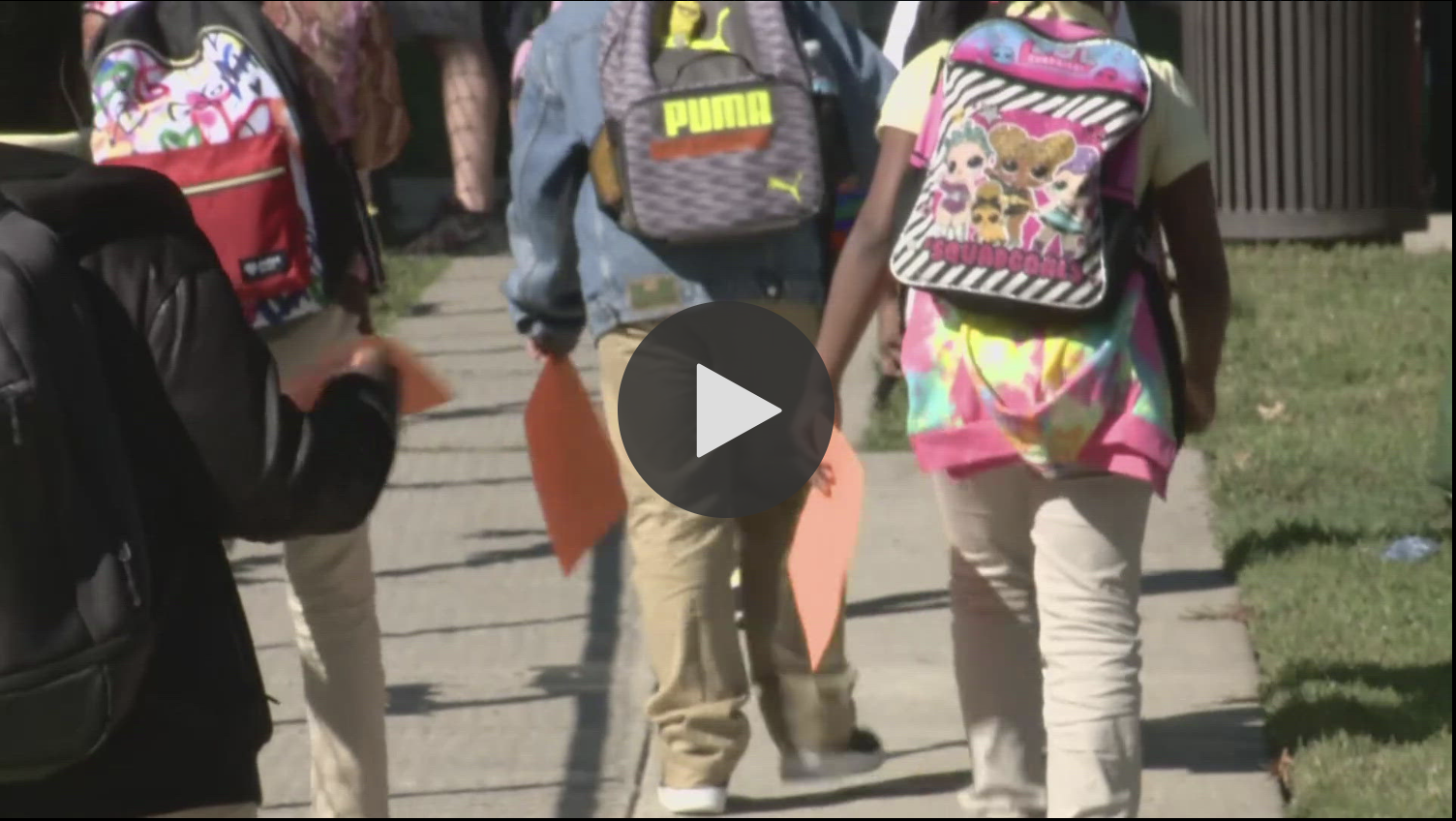
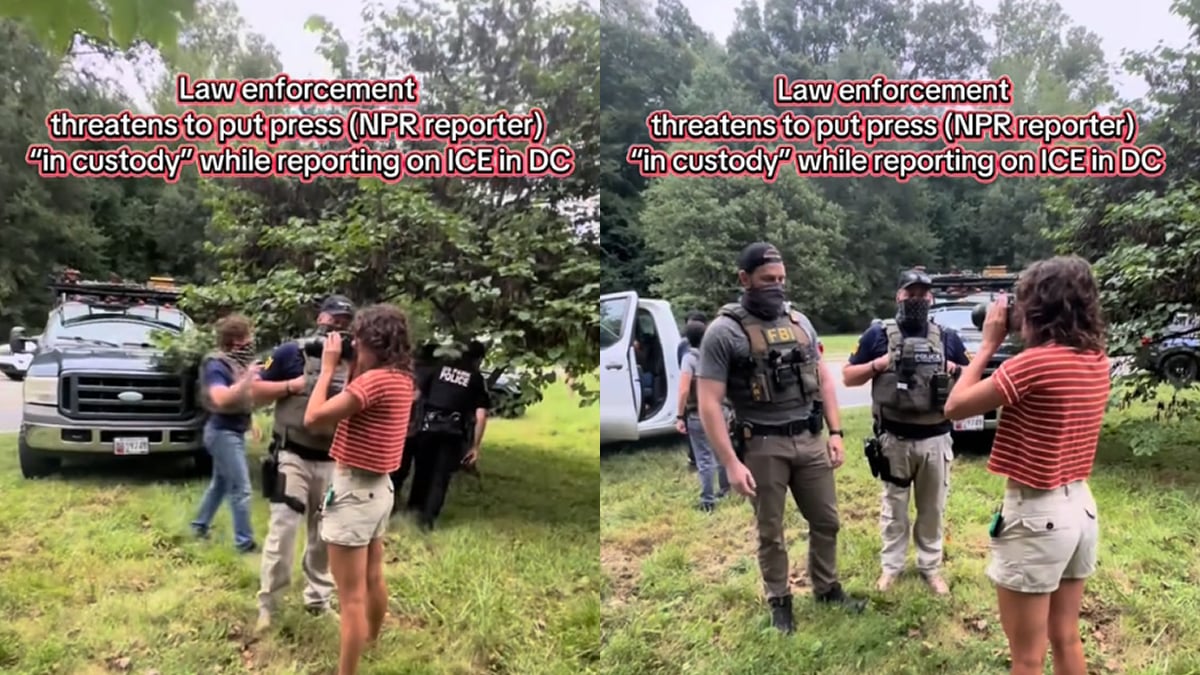
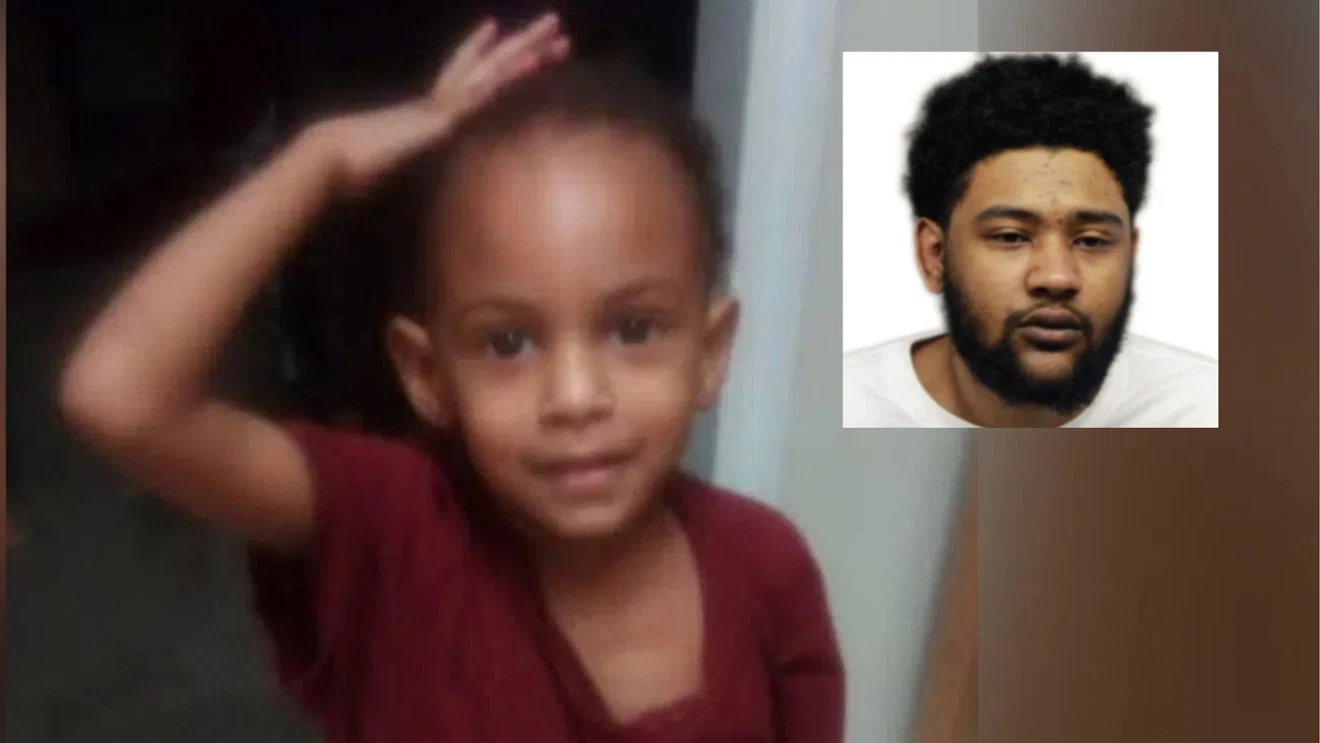
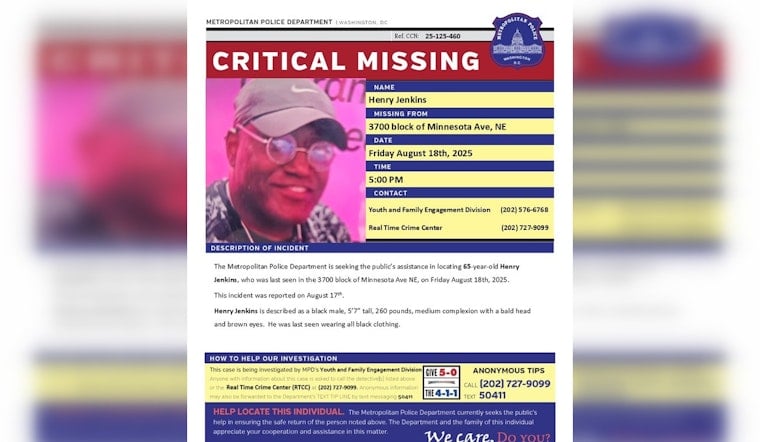
Leave a Reply